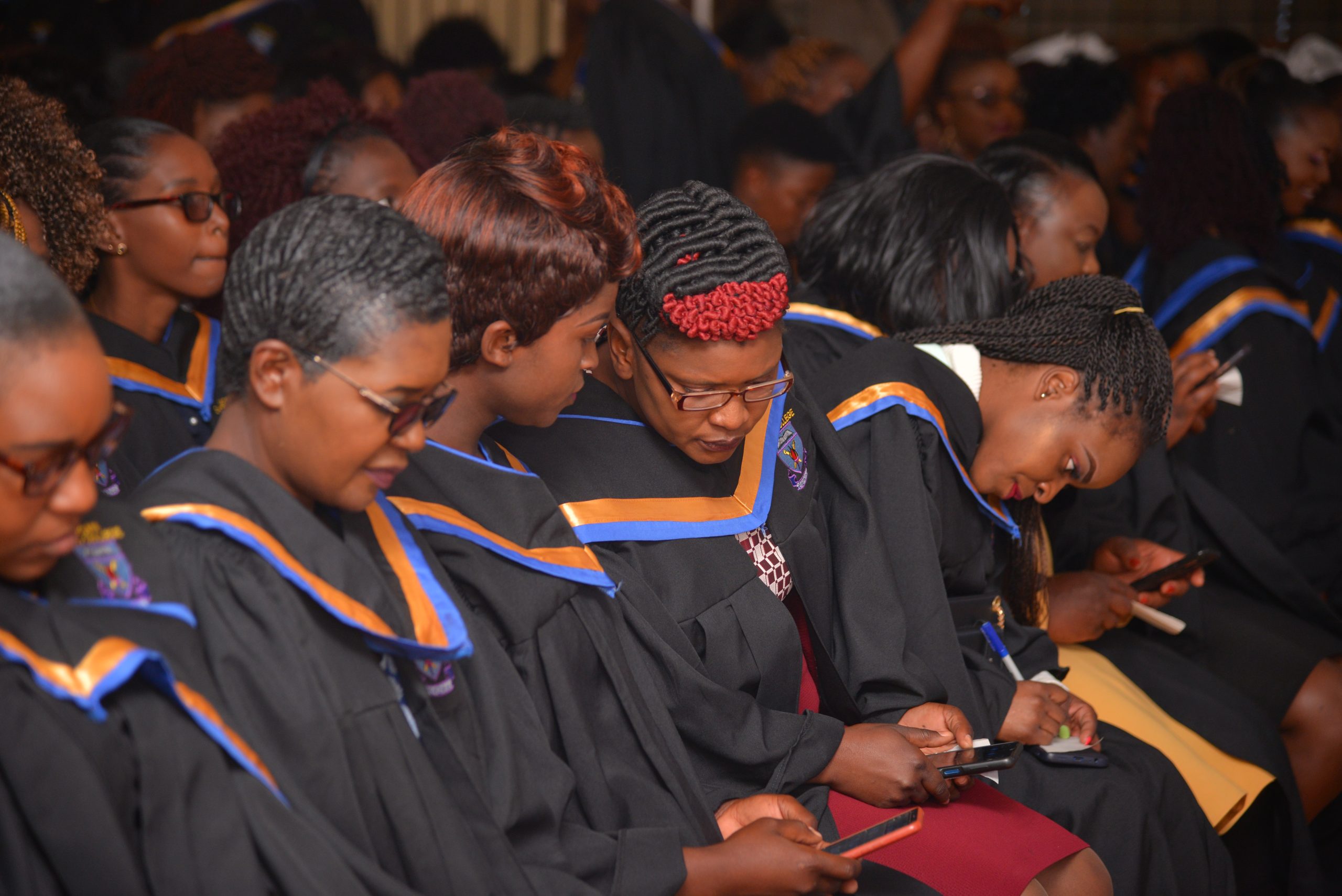BACKGROUND HISTORY

Morgan Zintec College History
Morgan Zintec College was established in 1981. Initially it was sharing premises with David Livingstone Primary school. It was later moved to the current location where the college took over the boarding facilities of Morgan High School. The Zintec programme was established in order to solve the serious teacher shortage that was experienced soon after independence. Initially it was offered as a four-year programme and was implemented as a 1:10:1 model. Students would spend one term at the college, ten terms on teaching practice after which they would return to College for a term. In 1995, the programme was modified to a 2-8-2 model. Students would now spend two terms at the college, eight terms on Teaching Practice and the final two terms at the College.
In the year 2000 (January) the 2-8-2 programme was modified to the 2-5-2 whereby the course would now take three years to complete, which for the institution was concluded in 2020. In September 2019, the College adopted the 3-3-3 model that all subsequent Intakes will adopt.
